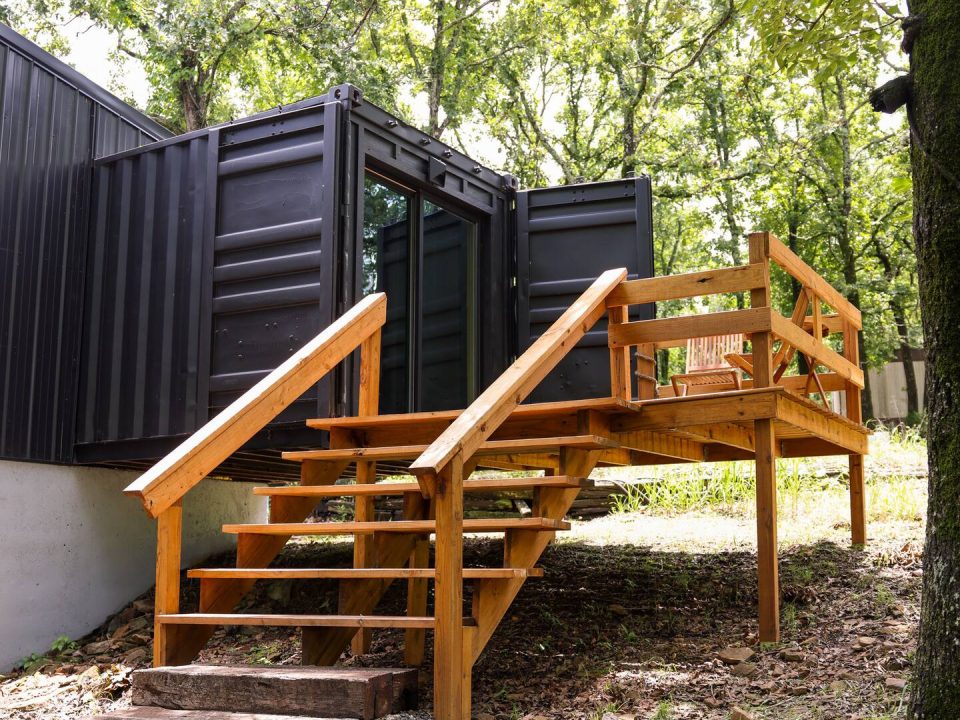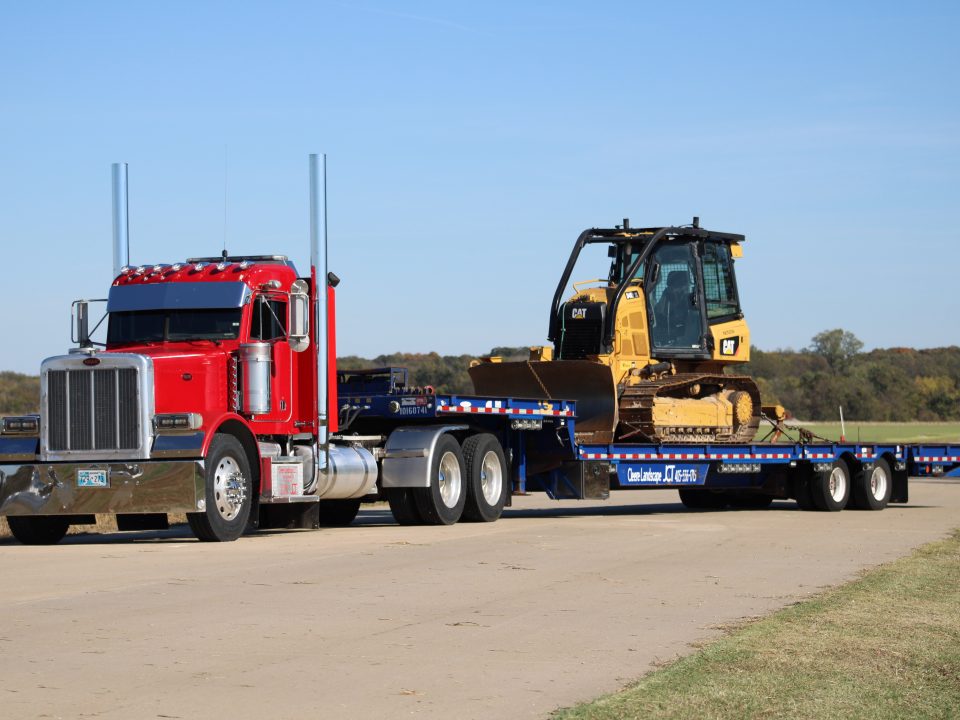
Introducing our first Feature Friday Ms. Cindy Logsdon!
September 27, 2019
Survival Tips: How to financially Survive COVID-19
April 7, 2020Surviving COVID without Working
![]() by Tina M. Herndon, Consumer Lending Manager
by Tina M. Herndon, Consumer Lending Manager
If you have lost your income in this time of self-isolation, here are a few things you can do to prepare for your financial reality.
- Make an inventory of your liquid assets. These are items like cash, savings accounts, or things that could easily be sold to recoup your investment(s) like an unneeded 2nd vehicle.
- Use the inventory to make your plan. Once you know what money you have you can see if you need to take further action.
- Plan, plan, plan for how you will allocate your available funds. This is the best time to create a plan for your spending, most commonly called a budget. If you are unable to make ends meet, then start to reach out for resources before you begin living on what credit is available to you.
- Watch the news and research before spending. Research what public benefits or financial breaks are available for families right now and in the foreseeable future. With the world changing all around us, this is the time to stay as informed as possible.
- Read every piece of mail and look at every statement, your creditors may be communicating your options through these channels. If you do not find the information you need, call your creditor and keep in contact with them. Breaking communication with your creditor can affect you more than you think.
- If you need more money, this is a time to plan. If you wait until you are in the thick of a financial crisis, you will be far less prepared, and it will increase the probability of making short-sighted decisions that have serious long-term consequences.
- Check investments and plan for the worst-case scenario. Right now, investments are at an all time low, so if you can make it without your investments, please give the economy time to heal before you withdraw or stop contributing, if possible.
- Save, save, save everything you can. Right now, is the time for conservatism. Take inventory of what you need to survive and try to stay as close to that budget as possible. Worst case scenario, your resources will last longer. Best case scenario, at the end of this situation, you will have a bigger nest egg.
- It is important not to panic and not to buy more than you need. According to the United States Department of Agriculture (USDA) the average American family wastes 218 lbs of food each year. I say again, toilet paper is not a form of payment, so be careful what you buy.
- Evaluate needs vs wants. Sometimes wants can feel like a need, but in a time of survival, we usually learn the lesson of true needs. If you can live without an expense right now, cut it and then evaluate the void that item left. If the impact was low, then it was never really a need.
Overall this is not a time to panic, but it is a time to plan, hopefully, before it is needed. The government is doing their part to protect us from the financial impact of this crisis, but we must do our part. Conserve what you can, but don’t sweat what is out of your control.





